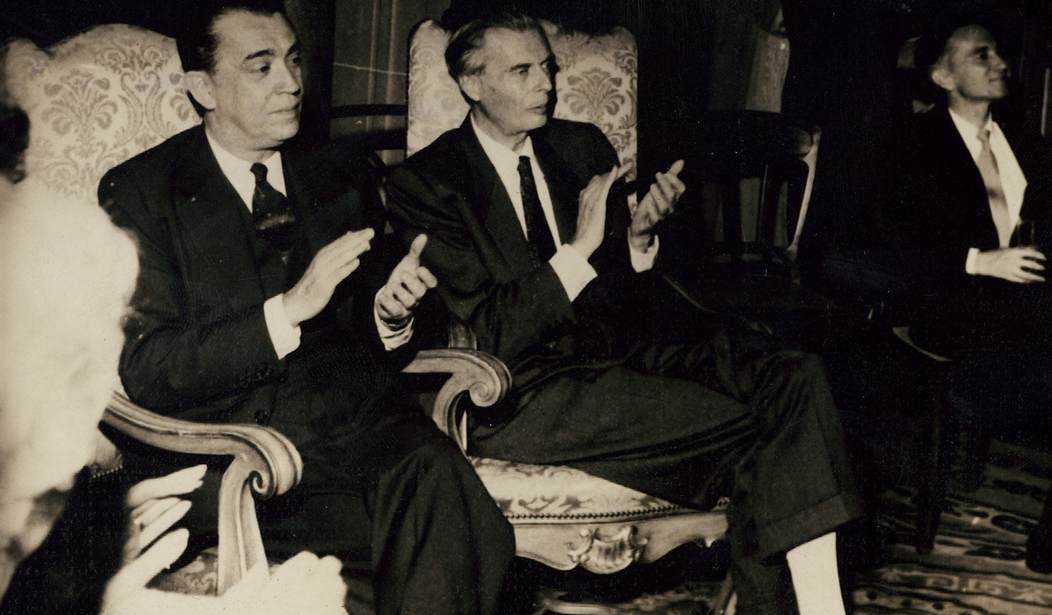The dystopia is upon us.
No longer speculative science fiction, it’s here.
We’re all living in Brave New World, the technocratic nightmare envisioned in the dystopian 1932 science fiction novel written by UNESCO founder Julian Huxley’s brother, Aldous Huxley.
In some ways, Brave New World is the neglected redheaded stepchild of the futuristic dystopia literary genre. 1984, George Orwell’s magnum opus, gets the most play in the popular discourse in terms of comparing current events to the prescient warnings contained in the historic novel.
However, the horrific future imagined in Brave New World describes more accurately the nature of totalitarianism we are headed for under the stewardship of the World Economic Forum.
“You will own nothing and be happy,” is truly the ruling elites’ ethos.
The key differences between the Brave New World and 1984 dystopias are the mechanisms of control that the state uses to maintain its power. In the latter, the Inner Party relies on pure brute force, as explained by O’Brien in 1984: “If you want a vision of the future, Winston, imagine a boot stamping on a human face forever.”
In the former, Brave New World, the mechanism of social control is subtler, yet arguably more effective than the kind of simple violence used by despots throughout history up until the modern era.
In Brave New World, in contrast to 1984, social conditioning and psychological manipulation are the tools of social control. The nuclear family has been obliterated as humans are birthed in laboratories using curated genetic material. Existential angst is treated with consequence-free sex (minus any meaningful emotional bonds) and a sedative drug called soma. At every turn, the individual is infantilized and conditioned to reflexively depend on the nanny state, afflicted by learned helplessness and neediness and malleable in the Pavlovian tradition.
Huxley, although laudatory of Orwell’s work, explained the essential differences between the two worlds in a 1949 letter he penned to the author to congratulate him on the publication of 1984 (emphasis added):
The first hints of a philosophy of the ultimate revolution — the revolution which lies beyond politics and economics, and which aims at total subversion of the individual’s psychology and physiology — are to be found in the Marquis de Sade, who regarded himself as the continuator, the consummator, of Robespierre and Babeuf…
Within the next generation I believe that the world’s rulers will discover that infant conditioning and narco-hypnosis are more efficient, as instruments of government, than clubs and prisons, and that the lust for power can be just as completely satisfied by suggesting people into loving their servitude as by flogging and kicking them into obedience. In other words, I feel that the nightmare of Nineteen Eighty-Four is destined to modulate into the nightmare of a world having more resemblance to that which I imagined in Brave New World.










Join the conversation as a VIP Member